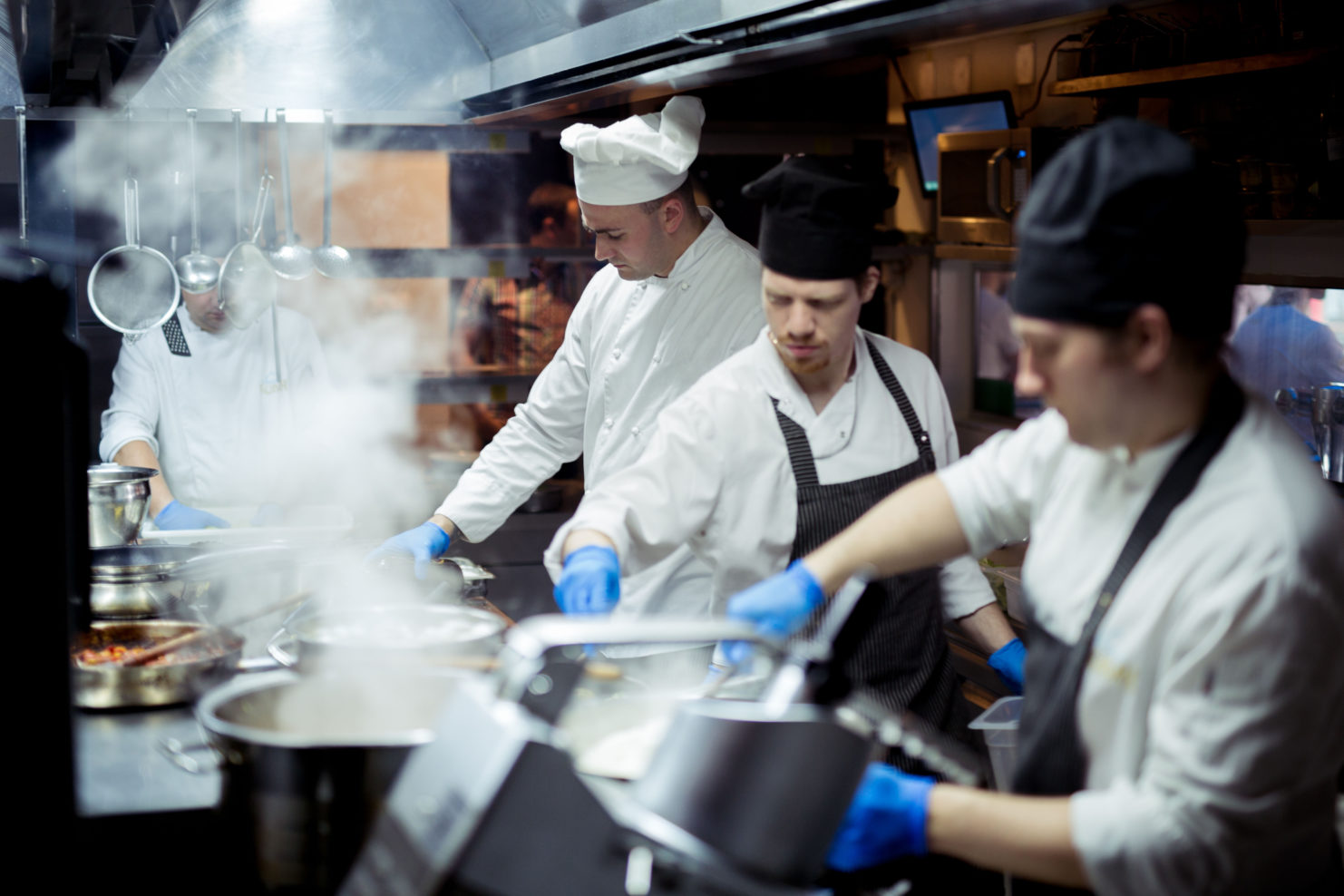 Hospitality businesses in Scotland looking to hire overseas talent to support their operations face a new hurdle following the UK government’s implementation of new salary thresholds for economic migrants.
Hospitality businesses in Scotland looking to hire overseas talent to support their operations face a new hurdle following the UK government’s implementation of new salary thresholds for economic migrants.
Under the new rules, brought in this month, hospitality businesses using Skilled Worker visas to bring in overseas talent will then need to pay those workers at least £38,700 – an increase of almost 50% over the previous salary threshold of £26,200.
In addition to the Skilled Worker visa increases, the going rate of pay for specific occupations has also been increased, with the going rate for a chef, as well as for a manager of a bar, restaurant, or café, raised to nearly £31,000 – although businesses will still be required to pay the higher £38,700 base level unless the worker qualifies for ‘new entrant’ discount by being under 26 years of age.
Speaking for Fragomen, a leading provider of immigration services to businesses, Edinburgh-based solicitor Kelly Hardman noted that the new thresholds come as another blow to an industry that is already suffering.

“In many instances, and particularly outside of London, the £38,700 threshold exceeds the average annual salary and is simply unaffordable for many hotels, pubs, bars and restaurants,” said Hardman, who advises Scottish companies on immigration strategies and issues.
“In the past year, the costs of both making a visa application, as well as the associated mandatory payment to use the NHS (the Immigration Health Surcharge) have increased exponentially.
“Coupled with these new heightened salary levels, one would question whether the system has now become too prohibitively expensive for this hospitality sector to access altogether. This is particularly ill-timed given the well-reported rising overheads and hiring struggles faced by many businesses,” she said.
“The UK Government’s five-point plan to lower net migration is a clear driver to these recent changes and calls into question whether these motivations are superseding the needs of struggling businesses that are underpinning this sector of the UK economy.”
Various Scottish industries, as well as across the UK more broadly, have repeatedly highlighted their struggles with labour shortages and recruitment – hospitality, food and drink, tourism, farming and fishing have all reached out to the UK Government seeking changes to its post-Brexit stance against migrant labour.
Hardman noted that Westminster’s refusal to budge on the matter had fuelled a debate around the possibility of regional immigration policies.
“The Scottish government has already set out its vision for a migration policy—one which it says addresses very specific issues north of the border,” she said. “The report, Building a New Scotland, published in November 2023, found that sectors such as food and drink are experiencing worker shortages and are struggling to fill vacancies, at a time when the working age population is projected to decline.
“Companies in Scotland which have often offered employment to international students to address said shortages are also now finding this option less easy, since additional changes to student visas and associated dependant stipulations are impacting Scotland’s attractiveness as a study destination and therefore reducing this recruitment pool.
“In addition, the review later this year of the Graduate visa route – through which companies can meantime leverage non-sponsored staff – creates further uncertainty around the issue,” she added.
“Any new tightening of the eligibility criteria certainly won’t help the hospitality sector and would do nothing to solve the long-term problem; if sponsorship becomes necessary, then the new entrant rates mentioned at the outset might still be prohibitive to employers.”
Hardman concluded: “Businesses should ensure their voices on the importance of immigration to the economy are heard directly or via relevant trade bodies such as HR in hospitality.
“A wider review by the Migration Advisory Committee (MAC), expected later this year, will be another major opportunity before businesses to be heard and to shape the system that they are now so dependent upon.”




















